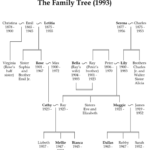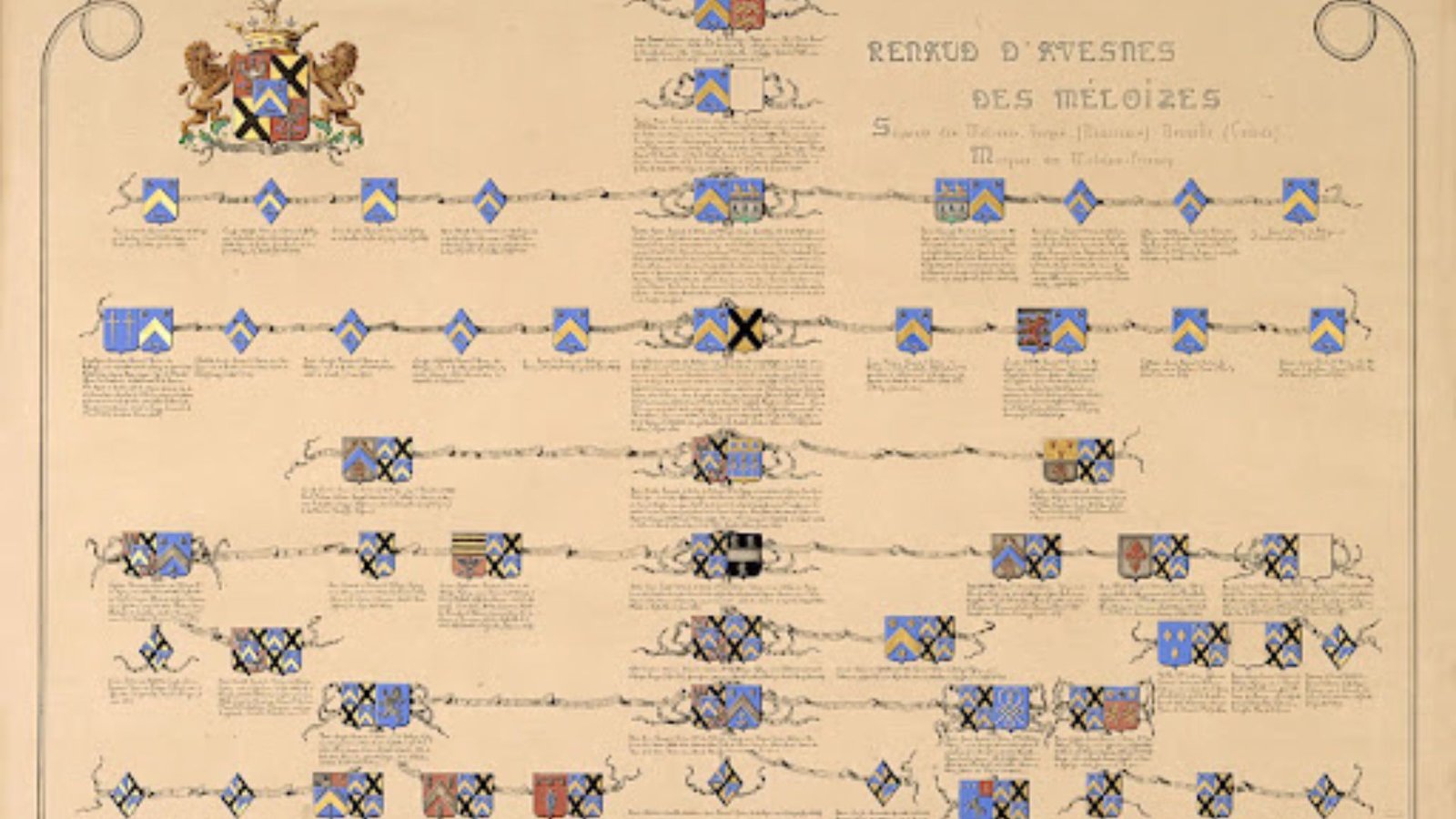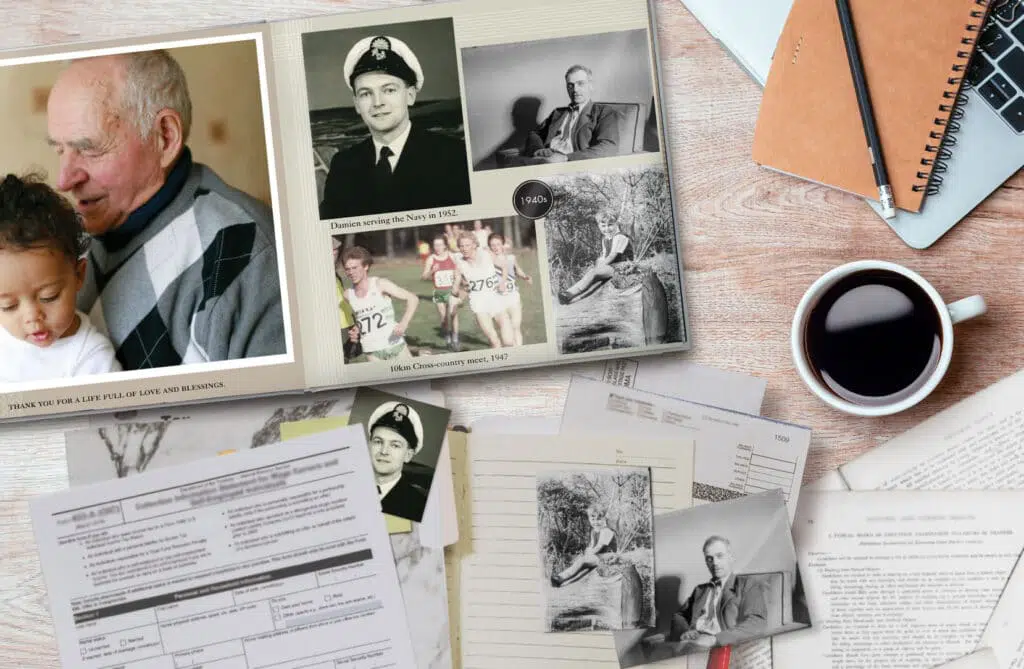A genealogy book collection is a valuable resource for anyone researching family history. These books contain essential information, historical context, and personal stories that help you trace your roots. Whether you have inherited family history books, purchased rare titles, or compiled your own collection over the years, it’s important to take steps to preserve these books so they remain in good condition for future generations.
In this article, we will explore how to preserve your genealogy book collection, offering tips on proper storage, handling, and care to ensure that your books stand the test of time.

1. Store Your Books Properly
Proper storage is one of the most important aspects of preserving your genealogy book collection. The way you store your books can prevent damage from factors like light, humidity, and pests.
How to Store:
- Keep Books in a Cool, Dry Place: Store your books in a room with stable temperature and humidity levels. Ideally, the temperature should be between 60-70°F (15-21°C), and the relative humidity should be between 40-60%. Extreme temperature changes and high humidity can cause paper to warp, mildew, or discolor.
- Avoid Direct Sunlight: UV rays from sunlight can damage the spine and pages of your books, causing them to fade and deteriorate. Store your books away from windows or in boxes that block out light.
- Use Bookshelves with Back Panels: Choose bookshelves that have a solid back panel to protect your books from dust, pests, and light exposure. Wooden bookshelves are ideal, but metal shelves can also work as long as they are properly maintained.
Why It’s Important:
Proper storage protects your genealogy books from environmental factors that can cause irreversible damage. By keeping your books in a controlled environment, you extend their lifespan and ensure they stay in good condition.
2. Handle Books with Care
Genealogy books, especially older ones, can be delicate. How you handle them can impact their longevity.
How to Handle:
- Wash Your Hands: Always wash your hands before handling genealogy books to avoid transferring dirt, oils, or moisture to the pages. If possible, wear cotton gloves when handling rare or fragile books.
- Avoid Dog-earing Pages: Don’t bend or crease the pages of your books. Instead, use bookmarks or note-taking systems to keep track of important sections. Dog-earing pages can cause permanent creases and tears.
- Support the Spine: When reading or browsing through your books, avoid bending them too much. Hold the book gently at the spine and open it flat enough to read comfortably without forcing it. This helps prevent damage to the binding.
Why It’s Important:
Handling books with care prevents unnecessary wear and tear, preserving the integrity of both the pages and the binding. Simple practices like washing your hands and supporting the spine can make a huge difference in maintaining your collection’s condition.
3. Use Protective Covers
For extra protection, especially for books that are older or in poor condition, using protective covers is a great way to keep them safe from dust, dirt, and physical damage.
How to Protect:
- Book Jackets and Dust Covers: For hardcover books, use protective dust jackets or slipcovers. These will shield the book’s cover from dust, scratches, and fading.
- Plastic Sleeves for Rare Books: For especially rare or fragile genealogy books, consider placing them in clear plastic sleeves or archival-quality bags. This provides a protective barrier without touching the book itself.
- Use Archival Boxes: Store valuable books in acid-free archival boxes to keep them safe from light and air exposure. These boxes protect against environmental damage and also help prevent the books from getting crushed or bent.
Why It’s Important:
Protective covers safeguard the exterior and pages of your books, preventing them from getting dirty, scratched, or damaged. Using acid-free materials ensures that the books don’t suffer from chemical reactions that can occur with non-archival products.
4. Regularly Check for Damage or Signs of Wear
Regularly inspecting your genealogy books is essential for identifying early signs of damage. The sooner you catch problems, the easier it is to fix or prevent further deterioration.
How to Check:
- Inspect the Binding: Check the spine and binding regularly for signs of loosening or wear. If the binding is fragile, avoid opening the book too widely to prevent further damage.
- Look for Mold or Mildew: If your books are stored in a humid environment, check for mold or mildew. These can appear as dark spots or a musty odor. If you notice mold, take immediate action to clean the book or consult a professional conservator.
- Check for Pests: Look for signs of insect damage, such as holes in the pages or the presence of small bugs. Keep an eye on any paper dust or frass (insect droppings) that may accumulate around the books.
Why It’s Important:
Regular checks ensure that small issues are addressed before they become major problems. For example, catching mold early can prevent it from spreading and damaging other books in your collection. Keeping your books in good condition also allows you to spot any potential issues before they lead to permanent damage.
5. Digitize Your Genealogy Books
While proper physical preservation is important, digitizing your genealogy books offers a long-term solution to preserve their contents. Digital copies can be shared, accessed easily, and stored safely without risking damage to the original books.
How to Digitize:
- Scan Pages: If the book is not too large, you can scan each page using a flatbed scanner. For larger books, consider using a book scanner to capture high-quality images without damaging the spine.
- Create Digital Backups: Store the scanned copies on external hard drives, cloud storage, or a genealogy database. Be sure to keep multiple backups in case of data loss.
Why It’s Important:
Digitizing your genealogy books helps preserve the information in them even if the physical books are damaged. Digital copies are easy to share and access, and they prevent the information from being lost in case of an accident or disaster.
6. Consult a Professional Conservator
If you have rare, fragile, or highly valuable genealogy books, it may be worthwhile to consult a professional conservator. Conservators are experts in preserving and restoring books, and they can provide specialized care that goes beyond basic preservation methods.
How to Consult:
- Contact a Library or Museum: Many libraries or museums have conservation departments that can offer advice or restoration services for your books.
- Seek Out a Private Conservator: Professional conservators can assess the condition of your books and provide cleaning, binding repairs, and more, depending on the book’s condition.
Why It’s Important:
Professional conservators have the expertise and equipment to restore and preserve books that are too delicate for DIY methods. This ensures that your genealogy books are preserved with the utmost care, especially if they are rare or historically significant.
Conclusion
Preserving your genealogy book collection is essential for keeping the valuable information inside safe for future generations. Proper storage, careful handling, and protective covers are fundamental steps in ensuring the longevity of your books. Regular checks for damage, digitizing the contents, and seeking professional help when necessary will help you maintain your collection in excellent condition.
By taking these preservation steps, you not only protect the physical books but also safeguard the history and stories they contain. Whether you’re passing them down to future genealogists in your family or keeping them as a personal resource, preserving your genealogy books ensures that your family’s history remains accessible for years to come.











